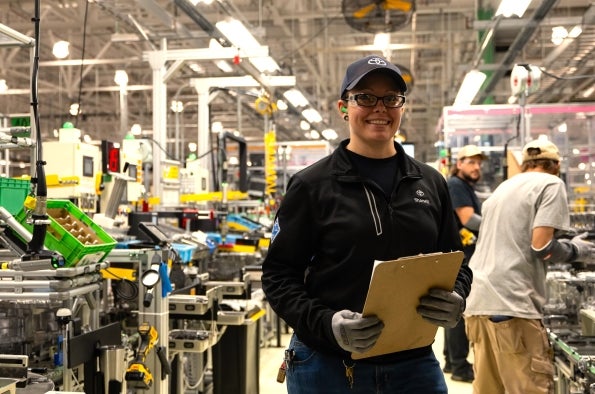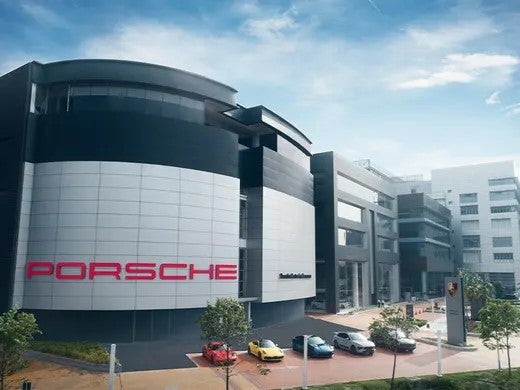The automotive industry continues to be a hotbed of patent innovation. The automotive industry is experiencing innovation in selective catalytic reduction (SCR) catalysts due to strict emission regulations, rising demand for clean vehicles, and technological advancements. New catalyst materials, coating technologies, substrate designs, and formulations are being developed to make SCR more effective, durable, and cost-effective. Increasing electrification of the automotive fleet and the development of new fuels and fuel blends are also driving this innovation. This is resulting in more efficient, durable, cost-effective, and versatile SCR catalysts. The automotive industry is embracing new technologies in SCR catalysts, including copper zeolite catalysts, new coating technologies, and new substrate designs. Copper zeolite catalysts are effective at reducing nitrogen oxide (NOx) emissions at high temperatures, making them ideal for diesel engines. New coating methods and substrate designs are being developed to improve efficiency and durability. SCR catalysts are also being developed for new fuels and fuel blends, such as biodiesel and renewable diesel. In the last three years alone, there have been over 1.7 million patents filed and granted in the automotive industry, according to GlobalData’s report on Environmental sustainability in automotive: SCR catalysts. Buy the report here.
According to GlobalData’s Technology Foresights, which uses over one million patents to analyze innovation intensity for the automotive industry, there are 300+ innovation areas that will shape the future of the industry.
SCR catalysts is a key innovation area in environmental sustainability
SCR catalysts are used in vehicles to reduce the amount of NOx emitted from the exhaust system by converting them into nitrogen and water vapor. The catalysts work by using a reducing agent, such as ammonia or urea, to chemically react with NOx. This technology is important for meeting emissions regulations and improving air quality.
GlobalData’s analysis also uncovers the companies at the forefront of each innovation area and assesses the potential reach and impact of their patenting activity across different applications and geographies. According to GlobalData, there are 30+ companies, spanning technology vendors, established automotive companies, and up-and-coming start-ups engaged in the development and application of SCR catalysts.
Key players in SCR catalysts—a disruptive innovation in the automotive industry
‘Application diversity’ measures the number of applications identified for each patent. It broadly splits companies into either ‘niche’ or ‘diversified’ innovators.
‘Geographic reach’ refers to the number of countries each patent is registered in. It reflects the breadth of geographic application intended, ranging from ‘global’ to ‘local’.
Patent volumes related to SCR catalysts
Source: GlobalData Patent Analytics
Johnson Matthey is one of the leading patent filers in SCR catalysts for the automotive industry. Some other key patent filers in the space include BASF and Umicore. Their patents cover various technologies, including new catalyst materials, coating technologies, and substrate designs. Johnson Matthey's dominance is due to their long history of innovation and their role as a major supplier of precious metals. BASF and Umicore have also made significant contributions to the development of SCR catalyst technology, such as commercial SCR catalysts for diesel engines. Their strong patent portfolios demonstrate their commitment to SCR catalyst technology, making it more viable for a wider range of vehicles.
In terms of application diversity, Corning leads the pack, while IBIDEN and NGK Insulators stood in the second and third positions, respectively. By means of geographic reach, Chugoku Electric Power held the top position, followed by Johnson Matthey and BASF.
To further understand the key themes and technologies disrupting the automotive industry, access GlobalData’s latest thematic research report on Sustainability in Automotive.
Data Insights
From

The gold standard of business intelligence.
Blending expert knowledge with cutting-edge technology, GlobalData’s unrivalled proprietary data will enable you to decode what’s happening in your market. You can make better informed decisions and gain a future-proof advantage over your competitors.







